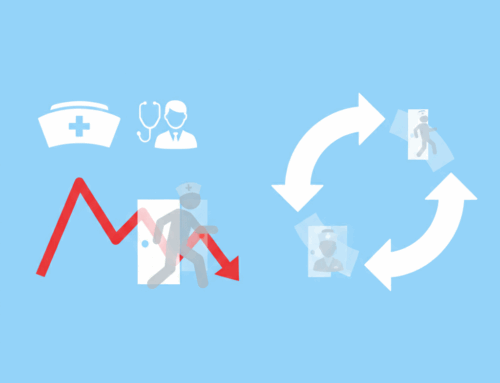As a business owner, you’re constantly seeking ways to streamline and optimize your talent acquisition system. The emergence of Artificial Intelligence (AI) tools has sparked curiosity about their potential to revolutionize the hiring landscape. While AI can bring valuable automation and efficiency to certain aspects of talent acquisition systems, it’s also important to understand their limitations.
Positive Effects of AI in Talent Acquisition System
Resume Analysis
AI tools can analyze the text of resumes, extracting relevant information such as skills, experience, and qualifications. This automated process saves time and effort in reviewing numerous resumes, allowing recruiters to focus on assessing candidate fit and potential. By quickly scanning large volumes of applications, AI reduces the risk of overlooking qualified candidates and helps speed up the initial screening phase significantly.
Job Description Optimization
AI tools can help refine job descriptions by suggesting improvements and optimizing them for better search engine visibility. They can analyze industry trends and job market data to ensure your job postings effectively attract qualified candidates. These tools may recommend keywords, phrasing, or formatting tweaks that increase the chances of your job ads reaching the right talent pools, ultimately boosting the quality of your applicant pipeline.
Email Template Creation
Crafting rejection and acceptance emails can be time-consuming. AI tools can generate templates for these communications, ensuring consistent and professional messaging while reducing the administrative burden on recruiters. This helps maintain positive candidate experiences by delivering clear, polite, and timely responses, freeing up recruiters to focus on more strategic talent acquisition efforts.
Limitations of AI Tools
AI-powered recruitment tools have become a staple in modern hiring, offering speed, efficiency, and data-driven insights. However, their capabilities are not without boundaries.
Understanding the limitations of AI tools is essential for making balanced hiring decisions, ensuring that technology complements, rather than replaces, the human judgment needed for assessing talent effectively.
Inability to Evaluate Soft Skills and Interpersonal Abilities
AI tools excel at analyzing data and patterns, but they struggle to evaluate candidates’ soft skills and interpersonal abilities. Traits such as emotional intelligence, leadership potential, and cultural fit are better assessed through human interaction and judgment. These qualities are critical for long-term success but are often subtle and context-dependent, requiring nuanced conversations, interviews, and observation to uncover fully.
Lack of Contextual Understanding
AI tools rely on pre-defined algorithms and data sets, which limits their ability to understand nuanced contexts. Factors such as industry-specific knowledge, company culture, and team dynamics require human judgment to make informed hiring decisions. For example, an AI might miss how a candidate’s diverse experience translates uniquely to your organization’s needs or fail to recognize potential in non-traditional career paths.
Ethical Considerations
AI tools are prone to biases present in the data they are trained on, which can lead to discriminatory hiring practices. Human oversight is necessary to ensure fairness and compliance with legal and ethical guidelines. Organizations must be vigilant in monitoring AI outputs and continuously improving data quality to avoid perpetuating existing inequalities or unintentionally excluding diverse talent pools.
While AI tools can augment your talent acquisition system by automating certain tasks, it’s important to recognize their limitations. The human element in hiring, including evaluating soft skills, cultural fit, and contextual understanding, cannot be replaced by AI alone. A balanced approach that combines the efficiency of AI tools with the expertise of human recruiters is key to building a successful team. By embracing AI tools as aids rather than replacements, you can leverage their strengths while ensuring a personal approach to talent acquisition. While it might not be time for AI to overhaul your talent acquisition systems, Contact Refered today for information on how a job referral system can impact your business.





